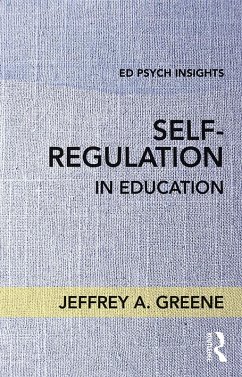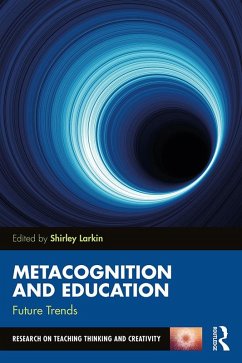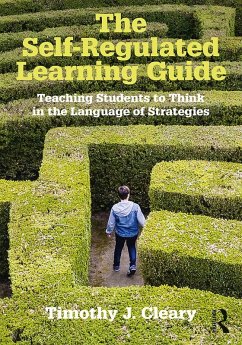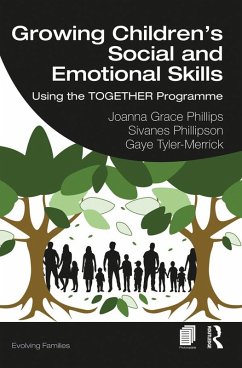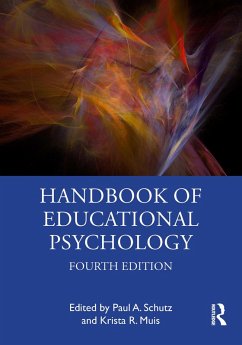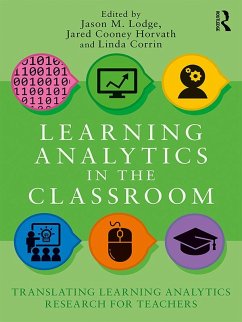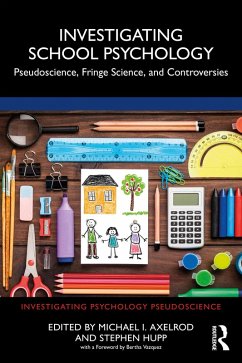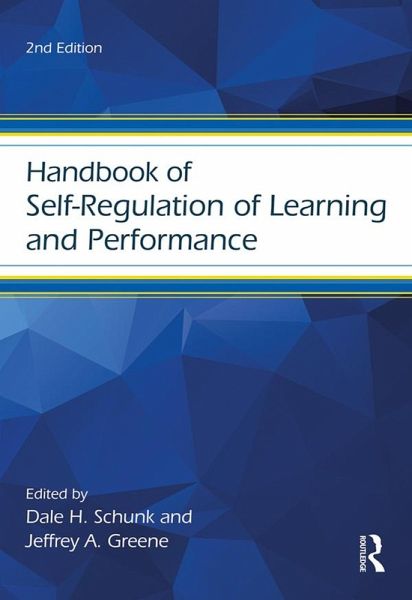
Handbook of Self-Regulation of Learning and Performance (eBook, ePUB)
Versandkostenfrei!
Sofort per Download lieferbar
124,95 €
inkl. MwSt.

PAYBACK Punkte
62 °P sammeln!
The second edition of the popular Handbook of Self-Regulation of Learning and Performance responds to and incorporates the wealth of new research that the first edition inspired on the subject. At the same time, it advances meaningful perspectives on the scholarship and history that originally shaped the field. Divided into five major sections-basic domains, context, technology, methodology and assessment, and individual and group differences-this thoroughly updated handbook addresses recent theoretical refinements and advances in instruction and intervention that have changed approaches to de...
The second edition of the popular Handbook of Self-Regulation of Learning and Performance responds to and incorporates the wealth of new research that the first edition inspired on the subject. At the same time, it advances meaningful perspectives on the scholarship and history that originally shaped the field. Divided into five major sections-basic domains, context, technology, methodology and assessment, and individual and group differences-this thoroughly updated handbook addresses recent theoretical refinements and advances in instruction and intervention that have changed approaches to developing learners' capabilities to self-regulate in educational settings. Chapters written by leading experts in the field include discussions of methodological advances and expansions into new technologies and the role of learner differences in such areas as contexts and cultures. As a comprehensive guide to a rapidly evolving and increasingly influential subject area, this volume represents contemporary and future thinking in self-regulation theory, research, and applications.
Chapter Structure
- To ensure uniformity and coherence across chapters, each chapter author addresses the theoretical ideas underlying their topic, research evidence bearing on these ideas, future research directions, and implications for educational practice.
Global
- A significant number of international contributors are included to reflect the increasingly international research on self-regulation.
Readable
- In order to make the book accessible to students, chapters have been carefully edited for clarity, conciseness, and organizational consistency.
Expertise
- All chapters are written by leading researchers who are highly regarded experts on their particular topics and are active contributors to the field.
Chapter Structure
- To ensure uniformity and coherence across chapters, each chapter author addresses the theoretical ideas underlying their topic, research evidence bearing on these ideas, future research directions, and implications for educational practice.
Global
- A significant number of international contributors are included to reflect the increasingly international research on self-regulation.
Readable
- In order to make the book accessible to students, chapters have been carefully edited for clarity, conciseness, and organizational consistency.
Expertise
- All chapters are written by leading researchers who are highly regarded experts on their particular topics and are active contributors to the field.
Dieser Download kann aus rechtlichen Gründen nur mit Rechnungsadresse in A, B, BG, CY, CZ, D, DK, EW, E, FIN, F, GR, HR, H, IRL, I, LT, L, LR, M, NL, PL, P, R, S, SLO, SK ausgeliefert werden.





